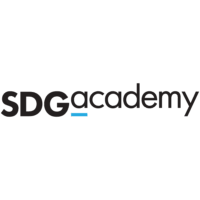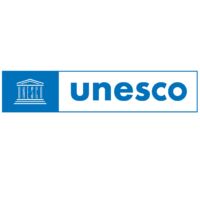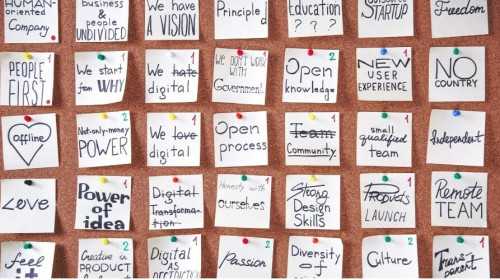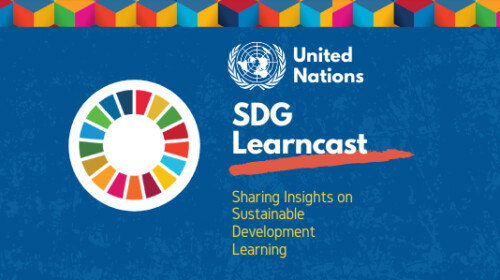This course provides an introduction, raises awareness, and builds capacity on ten core aspects of equitable education, why they are important, and especially what can be done in order to implement them in practice. The course equips you with the mindset, knowledge, and skills to be the CHANGEMAKER for equitable and inclusive education and learn how to narrow down the disparities in your own context.
Course modules guide the transformation of education across different levels; global, national, subnational, local, and community levels, and through various different expertise, from policy, financing, and leadership, to classroom context, utilization of learner-centered pedagogies, technology, data, and partnerships. This will lead to better educational outcomes for all and returns for investment in education.
Course content is practical, offering models, strategies, and tools for implementation. Our content is directed at a broad audience of education experts and practitioners, policy-makers, government officials, NGOs/CBOs in the education sector, educators, and students of any of these disciplines—open to anyone, anywhere, anytime.
The designations employed and the presentation of material throughout this online course do not imply the expression of any opinion whatsoever on the part of organizations preparing this online course concerning the legal status of any country, territory, city or area or of its authorities, or concerning the delimitation of its frontiers or boundaries.
The ideas and opinions expressed in this online course are those of the presenters; they are not necessarily those of organizations preparing this online course and do not commit the organizations.
Target Audience
Policy-makers and government officials passionate about developing and implementing equitable education laws and policies
NGOs and CBOs advocating for the right to education in their local communities and on a global scale
Education experts and practitioners who want to learn and apply the Critically Reflective Practitioner Approach to their teachings
Students interested in gaining the mindset, knowledge, and skills to be changemakers for equitable education
Learning Objectives
As a result of taking the EE online course, users are expected to be able to:
- Explain the key concepts of inclusion, equity, and marginalization in education
- Justify why EE concepts are important
- Identify how to apply EE concepts in their context
- Implement innovative approaches to equitable education
- Advocate to achieve more inclusive and equitable education








